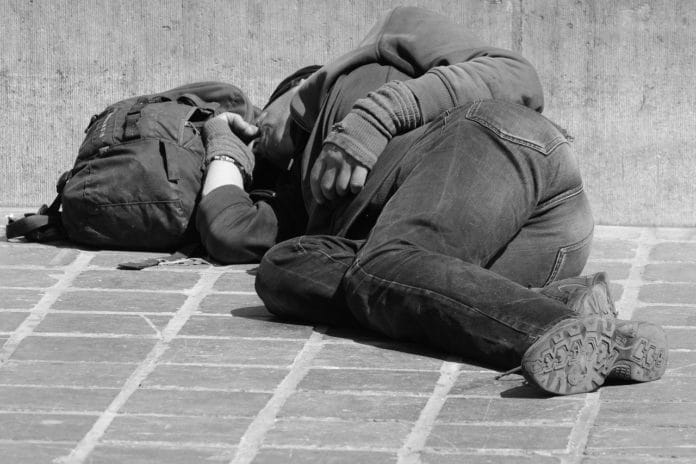The Second Vice Presidency and Department of Social Services, Equality and Housing has collaborated in the organisation of the pilot project of nightly counts of homeless people in the cities of Valencia, Alicante, Castelló de la Plana, Gandia, Torrent and Elx for the preparation of a census of homeless people of the Ministry of Social Rights and the 2030 Agenda.
The regional secretary of Family and Social Services, Ignacio Grande, has explained that the count of homeless people is part of the actions of the National Strategy to combat homelessness in Spain to “expand, improve and systematise” the available information regarding homeless people and favour a common methodology so that the data can be comparable between cities.
The initial proposal of the Ministry was to carry out the night counts in the provincial capitals, but, as explained by Ignacio Grande, from the Ministry, through the general directorate of Inclusion and Development Cooperation, it was proposed to the Ministry to expand this night count to other towns in the Valencian Community where it had never been carried out, and thus, in addition to València, Castelló de la Plana and Alicante, the cities of Gandia, Torrent and Elx were included in the project.
In the case of the city of Valencia, this is the third census of homeless people to be carried out. In the last one, in 2021, 754 homeless people were detected, 352 on the streets and 402 in shelters.
Both the regional secretary of Family and Social Services and the general director of Inclusion and Development Cooperation, Pedro Carceller, participated together with the group of volunteers, in the count of homeless people this week. In Elx, Alicante and Castelló de la Plana it will be held on November 7.
Ignacio Grande has pointed out that the Department has coordinated the specialised training given to around 120 volunteers who participate in the count, “with the essential collaboration of the town councils of these towns and the third sector entities that have an important trajectory of intervention with homeless people.”
This initiative, the regional secretary has highlighted, contributes to “improving knowledge” about homeless people, their characteristics, number, and needs, in addition to “raising awareness of homelessness and making visible and dimensioning this social reality, which is often ignored and stigmatised.”
This project quantifies the number of people who find themselves in this situation during a specific night, considering both people who are on the street and those who spend the night in centres with accommodation.
Likewise, the count allows us to know the main sociodemographic characteristics, age, sex and origin, of the people located and analyse their living conditions with regard to the causes and processes of loss of home, social relationships, educational level, activity, use of public services and benefits and health status.





